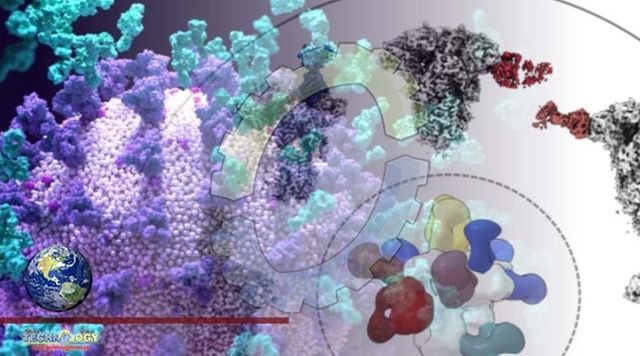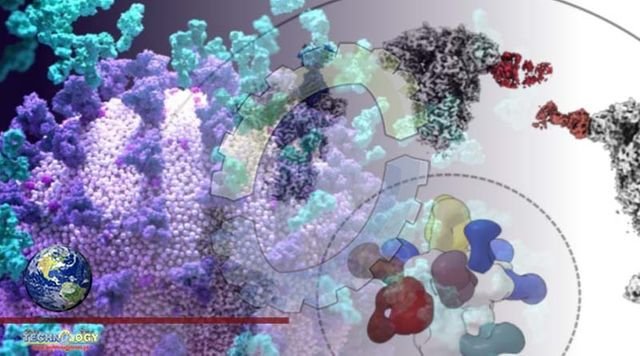Infection by the severe acute respiratory with syndrome coronavirus 2 (SARS-CoV-2) provides immunity against seasonal human coronaviruses (HCoVs). Whether SARS-CoV-2 infection causes a boost in the preexisting HCoV-specific antibodies or elicits cross-reactive β-CoV antibodies that target conserved epitopes is unknown.

A study published in the journal Science Advances uses electron microscopy-based polyclonal epitope mapping (EMPEM) methodology to elucidate the spike epitopes of β-HCoV targeted by preexisting serum antibodies and compares them to the epitopes targeted by antibodies elicited by SARS-CoV-2 infection using electron microscopy-based polyclonal epitope mapping (EMPEM) methodology.
One-third of the common cold infections are caused by HCoVs. Two αHCoVs, 229E and NL63, and two βHCoVs, OC43 and HKU1, are endemic in the human population. A majority of the population acquires HCoV infections by the age of 15 years. However, the infection rate and prevalence differ between different geographical locations.
Since the population is exposed to HCoVs, most individuals have antibodies against these viruses. The antibodies target the spike protein and the nucleocapsid protein of the viruses. However, the antibody levels wane over time, and reinfections can happen, sometimes within a year.
The β-CoVs also include the highly pathogenic Middle East respiratory syndrome (MERS) CoV, SARS-CoV, and SARS-CoV-2. The coronavirus disease 2019 (COVID-19) pandemic is the result of the high pathogenicity and transmissibility of SARS-CoV-2
The spike protein binds to the angiotensin-converting enzyme 2 (ACE2) receptor of the host cells. This binding mediates cellular entry. Therefore, the spike protein decides the host range and types of cells infected (cell tropism). It is also the key target for neutralizing antibodies and consequently the major antigen for vaccine development.
The SARS-CoV-2 spike is 69.2% similar to the SARS spike and 27.2% similar to the OC43 spike. It shares little similarity with the spike of other β-CoVs. Even so, preexisting immunity against HCoVs correlates with COVID-19 disease outcomes. This could be due to a boosting of anti-HCoV-spike-specific antibodies after SARS-CoV-2 infection. Alternatively, this could be because SARS-CoV-2 infection elicits antibodies that cross-react with the HCoV spike. Interestingly, individuals infected with SARS-CoV-2 having high anti-SARS-CoV-2 antibody levels also have increased levels of anti-β-HCoV antibodies.
Source: This news is originally published by news-medical.net
